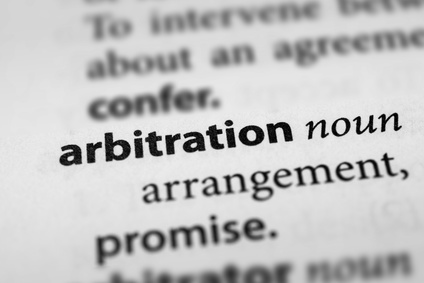The U.S. Court of Appeals for the Eighth Circuit recently held that a debt collector did not violate the federal Fair Debt Collection Practices Act for making subsequent telephone calls to a person other than the consumer regarding the location of the debtor, because the debt collector reasonably believed that the person’s initial response was incomplete. In so ruling, the Eighth Circuit held as a matter of law that 14 calls over a period of approximately two months did not rise to the level of harassment prohibited under the FDCPA, at 15 U.S.C. § 1692d(5). A copy of the opinion in Kuntz…
8th Cir. Rejects FDCPA Claims Regarding Follow Up Calls for Location Information, Alleged Harassment












